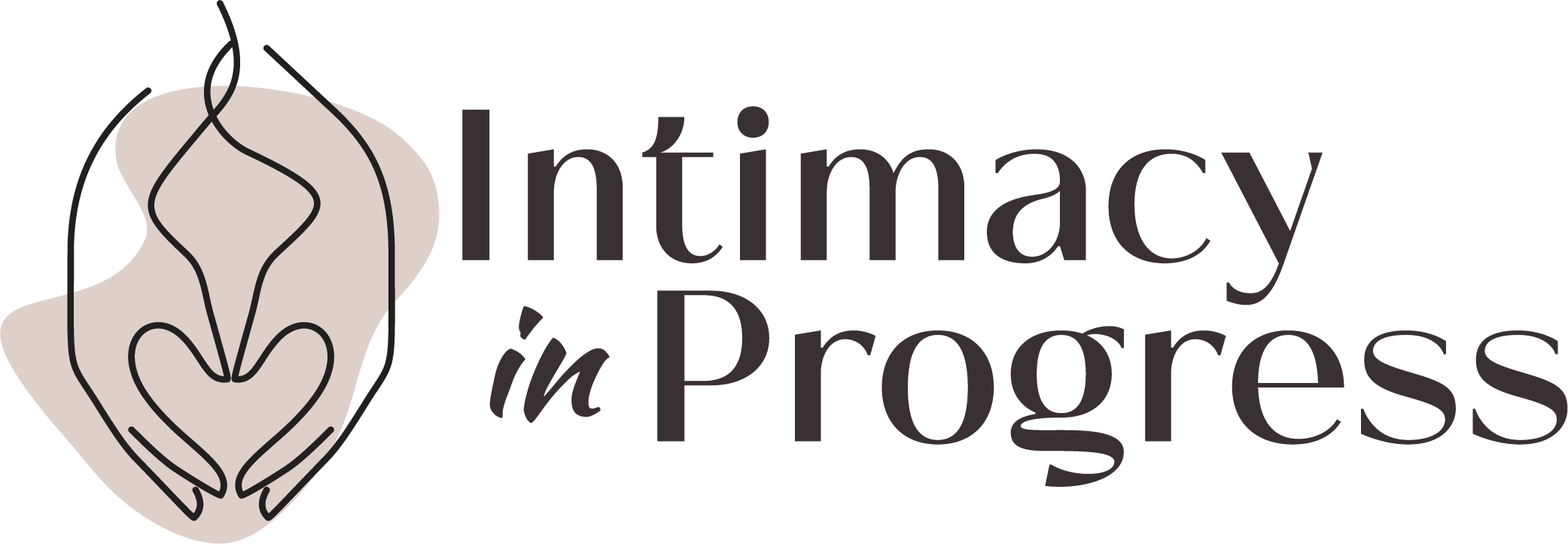Somewhere in the world right now, there’s a person who never cries—at least not in front of others. He might shrug off heartbreak the way most of us shrug off a mild headache. She might consider a vulnerable conversation more terrifying than a root canal. Let’s call this phenomenon “toxic strength,” and, no, it’s not exclusive to any one gender. It’s an ingrained mindset that values grit, independence, and a stiff upper lip above all else.
If it sounds suspiciously like “toxic masculinity,” you’re not wrong: the two ideas share DNA in cultures where “suck it up” is a time-honored refrain.
A Peek Into the Origins
Toxic strength didn’t appear out of thin air. In many Western societies, the “bootstrap” mantra was once hailed as the ultimate virtue: if you worked hard enough—alone—you’d achieve success. Emotional expression or seeking support? Not so much. Flip through history books or watch classic Hollywood films, and you’ll find these stoic heroes who rarely crack a tear. Over time, entire generations came to equate emotional resilience with emotional suppression.
Add to that the generational edict—“Big boys don’t cry” or “A strong woman doesn’t need a shoulder to lean on”—and you get the modern phenomenon we’re grappling with now. Stereotypes about men being fearless providers or women being relentless multitaskers with no emotional downtime have bled into the cultural fabric. “Being strong” turned into “Never show weakness,” and in this twisted game of telephone, the original message—“We want you to be resilient”—morphed into something unrecognizable.
Why We Wear the Armor
For a lot of folks, wearing the armor of toxic strength provides a sense of control. If no one sees you sweat, then you’re safe from judgment or vulnerability, right? You walk into the office, your posture immaculate, your face calm; your coworkers never suspect that you’re unraveling inside. You might even get praised for being “the rock” in your circle. But ironically, playing the role of everyone’s rock can be a fast track to feeling like you’re on an island.
There’s also the fear factor. We worry that if we let someone glimpse our softer spots, we’ll be labeled “weak” or “overly emotional.” And so we bury our struggles behind an unflinching exterior, checking our tears at the door. Over time, it becomes second nature—until we don’t remember how to share at all.
The High Cost of the Facade
All that pent-up stress has to go somewhere. Sure, you might keep it together at work, or at the family reunion, or in front of your friends at brunch. But if toxic strength is calling the shots, loneliness is bound to sneak in. No one can connect with a carefully curated version of you, and you can’t connect back.
Compounding this, relationships thrive on vulnerability. Picture the early stages of falling in love: those late-night chats that veer from your worst fears to your childhood heroes. That’s where trust forms. When toxic strength is the default, you skip that crucial depth. You can’t nurture intimacy if half your emotional range is locked behind steel doors. Over time, your partner might feel like they’re dating a polite stranger. It’s not necessarily that you don’t love them; you just don’t know how to show the messy, complicated truths.
Spotting Toxic Strength in Yourself
- Gut-Check Moment: Do you reflexively say “I’m fine” even when your heart’s in a blender?
- Hyper-Independence: Asking for help is as likely as you climbing Everest in flip-flops.
- Emotional Bypassing: When friends try to talk feelings, you change the subject to sports scores or the latest binge-worthy show.
- Chronic Loneliness: Despite having people around, you feel isolated because you can’t quite let them in.
If any of these feel a little too familiar, you might be locking yourself in that toxic strength cage.
Cracking the Code of Vulnerability
Breaking free doesn’t mean sobbing into a microphone at your next staff meeting. It’s more subtle. The first step is acknowledging that “strong” doesn’t have to mean “silent.” Real resilience is about elasticity—being able to bend and adapt, not remain rigid.
If you’re in counseling or considering it, you’ll find it’s a prime laboratory for testing out new responses. Therapists are trained to help you untangle the cultural and personal scripts that taught you vulnerability was a curse word. Instead of hammering at your walls with a battering ram, you can learn to open small doors—like sharing a worry with a friend or admitting you’re overwhelmed by a project at work.
Where Counseling Fits In
Intensive counseling can serve as both a mirror and a safe room. It’s a place where you say, “I have no idea how to drop my guard,” and instead of shock or judgment, you get gentle guidance. You work through the reasons behind that guard: maybe it’s an old wound, a cultural message, or just habit. Then you try vulnerability on for size and see how it feels.
Your therapist might say: “Practice telling your partner you’re anxious about finances.” Or, “Let yourself cry if the moment comes.” Over time, these experiments become habits. You start to realize no one is going to vanish into the night because you admitted fear or sadness.
Crafting a New Storyline
The cool thing about rewriting your script is that it doesn’t erase who you are. Maybe you’ve spent years embodying a strong, reliable presence for the people around you. That doesn’t go away; it just gets a more honest foundation. People still respect and appreciate you, but now there’s a warmth and genuineness that can only come from vulnerability.
By letting friends or partners in on your emotional ups and downs—even a little—you’ll likely find that relationships become richer. Suddenly, it’s not just you propping everyone else up—you get propped up, too. You might discover that you can release stress by confiding in someone who cares, rather than stoically lugging it around.
Strength with a Soul
In essence, toxic strength is all about constructing an image. But real strength? That involves integrating your real, human emotions with the grit you’ve always had. It’s acknowledging the bruises and the triumphs. It’s leaning on someone else’s shoulder without feeling like you’ve failed.
The next time you catch yourself stifling a tear or swallowing a confession, remember: letting that guard down isn’t the end of your “strength brand.” It’s the evolution of it. Because when you combine authenticity with resilience, you’re no longer just strong. You’re alive—fully, deeply, and unapologetically so.





